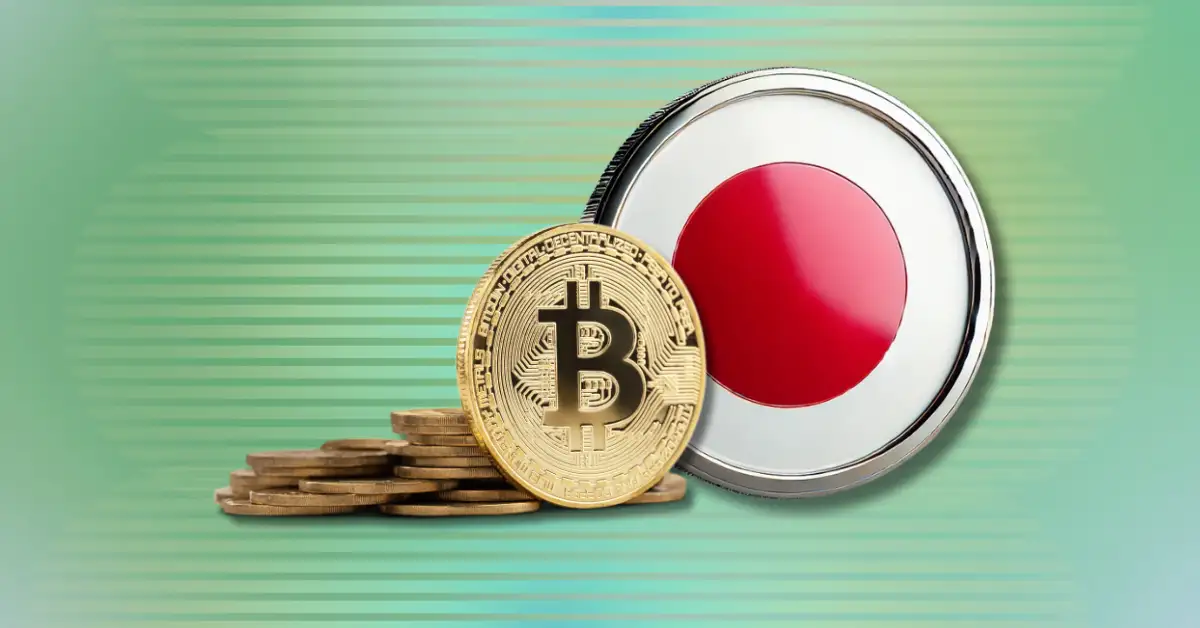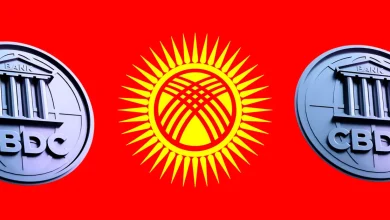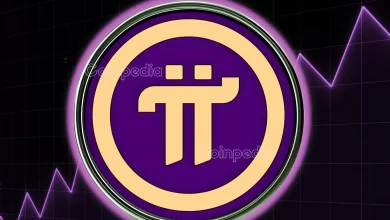
Despite potential benefits, the Japanese government is hesitant to include Bitcoin in its national reserves due to its volatility.
While Japan is cautious, other countries, including the U.S., are exploring or advocating for strategic Bitcoin reserves.
Economists warn against the risks associated with Bitcoin's volatility, emphasizing the potential for significant losses and economic disruption.
Bitcoin’s huge rise toward $100,000 has reignited excitement in the cryptocurrency market, turning heads worldwide. Around the globe, governments are exploring how Bitcoin might fit into their economic strategies. But what about Japan?
In a world where innovation often demands bold decisions, Japan’s cautious stance on Bitcoin reserves raises compelling questions. Could this be a missed opportunity? Let’s understand this in detail.
Why Is Japan Avoiding Bitcoin?
The Japanese government recently addressed a proposal by Senator Hamada Satoshi, who suggested that Japan consider holding Bitcoin in its foreign reserves. Hamada pointed to other countries, including the U.S., that are reportedly exploring similar strategies. He argued that Bitcoin could strengthen Japan’s economy and act as a financial safety net.
However, Japanese officials clarified that they lack detailed knowledge of such developments in other nations. They emphasized that discussions about Bitcoin reserves are still at an early stage. Japan’s legal framework for managing foreign reserves prioritizes safety and stability—qualities that Bitcoin’s volatility does not align with. As a result, the government does not see Bitcoin fitting into its current system.
- Also Read :
- Russia Turns to Bitcoin to Fight Sanctions
- ,
Global Interest in Bitcoin Reserves
While Japan remains hesitant, other nations are pushing forward. In the U.S., Federal Reserve Chairman Jerome Powell has stated that the Federal Reserve cannot hold Bitcoin. Yet, political leaders, including President-elect Donald Trump and key lawmakers, are advocating for Bitcoin reserves as part of the country’s economic strategy.
In Europe, MEP Sara Knafo has called for the EU to adopt Bitcoin reserves instead of relying on a centralized digital euro. She emphasized Bitcoin’s decentralized nature as a defense against potential misuse of centralized financial systems.
Balancing Innovation and Risk
Japan’s cautious approach contrasts sharply with the bold strategies of other nations. While the U.S. and Europe see Bitcoin as a tool for innovation and economic security, Japan risks being left behind. Senator Hamada’s vision of Japan leading in Bitcoin adoption faces resistance from a government focused on minimizing financial risks.
Critics of Bitcoin reserves warn of significant risks. Despite its historical price growth, Bitcoin’s volatility could trigger economic instability during sudden crashes. Such risks make a cautious evaluation essential when considering high-risk assets like Bitcoin.
Never Miss a Beat in the Crypto World!
Stay ahead with breaking news, expert analysis, and real-time updates on the latest trends in Bitcoin, altcoins, DeFi, NFTs, and more.
The cryptocurrency revolution waits for no one—will Japan choose to lead or follow?







